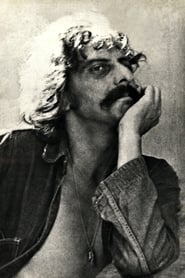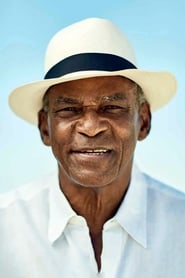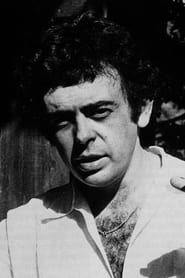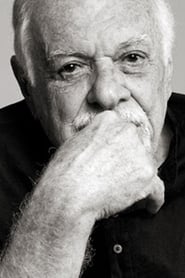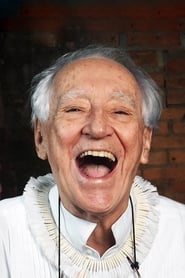The best Othon Bastos’s documentary movies

We present our ranking of the best Othon Bastos’s movies. Do you love cinema? Or are you looking for a movie of your favorite actor to watch tonight? Surely you have some to see or that you did not know yet about Othon Bastos.
CELEBRAÇÃO - 100 ANOS DO CINEMA NACIONAL
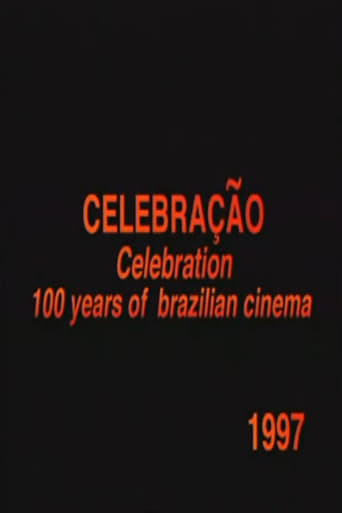
"Portraits and excerpts from Brazilian films from all times. Actors, directors and images that affirm cinema."
Milagrez

Documentary on "Antonio das Mortes", Glauber Rocha's 1969 film.
Candango: Memoirs from a Festival
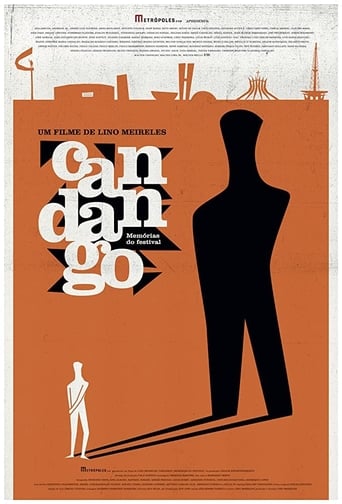
7.8/10
In 1965, a year after the military coup in Brazil, an oasis of freedom opened in the country's capital. The Brasília Film Festival: a landmark of cultural and political resistance. Its story is that of Brazilian cinema itself.
Os Imaginários
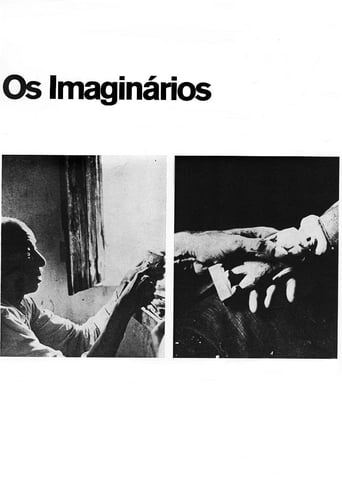
I Am Cuba, the Siberian Mammoth

7.3/10
Contemporary film critics regard the epic film I Am Cuba as a modern masterpiece. The 1964 Cuban/Soviet coproduction marked a watershed moment of cultural collaboration between two nations. Yet the film never found a mass audience, languishing for decades until its reintroduction as a "classic" in the 1990s. Vicente Ferraz explores the strange history of this cinematic tour de force, and the deeper meaning for those who participated in its creation.
L'aventure en utopialand

Pitanga
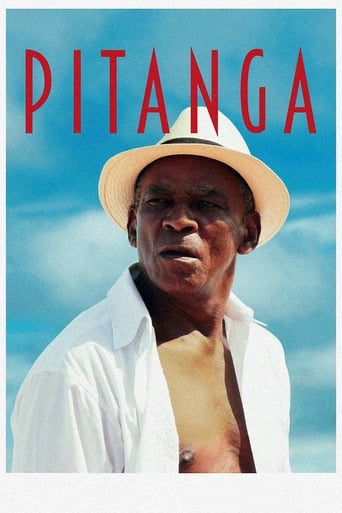
6.9/10
This documentary investigates the aesthetic, political and existential trajectory of emblematic Black Brazilian actor Antônio Pitanga. He career spans over five decades, and he has worked with iconic Brazilian filmmakers Glauber Rocha, Cacá Diegues and Walter Lima Jr. He was a prominent figurehead and outspoken activist during the Brazilian dictatorship, a period of unrest in Brazilian cinema. Pitanga deep dives into the world of Antônio and the history of Brazil. The documentary was directed by his daughter Camila Pitanga, one of widely recognised faces in Brazilian television and cinema right now. The film is also a poem, and a tender ode to fatherhood.
Vitalino/Lampião
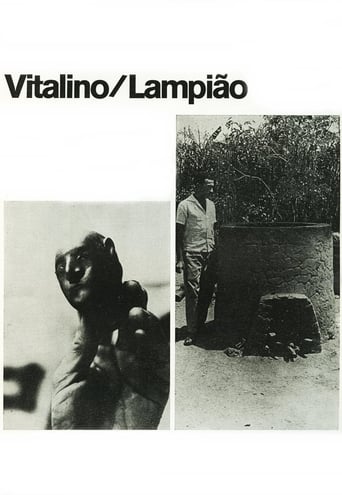
Máquina do Desejo
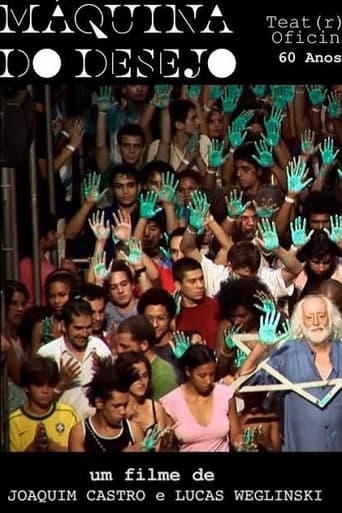
7.9/10
In six decades, Teatro Oficina has done more than revolutionize theatrical language in the country: the aesthetic influence of José Celso Martinez Corrêa's company extends from Tropicalism to the renewal of Brazilian audiovisual languages from the 1960s onwards. The film revisits a story that it involves personalities such as Caetano Veloso, Glauber Rocha, Lina Bo Bardi, Chico Buarque and Zé do Caixão, brings together scenic art, ecology, architecture and sexuality, and mixes art and life in the search for a Brazilian based language.
Linha de Montagem
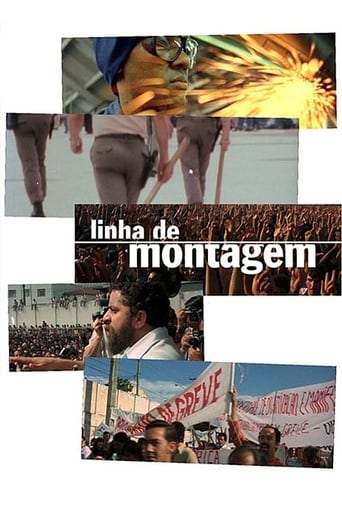
7.6/10
Documentary about the strikes that took place in São Bernardo do Campo, in the State of São Paulo, Brazil, circa 1979/1980. That moment was of utmost importance, since it revealed a Union leader, Luís Inácio "Lula" da Silva, who would later become President of Brazil. It was also the moment when PT, the Workers' Party, became a relevant political force in Brazil.
Before and After S. Bernardo
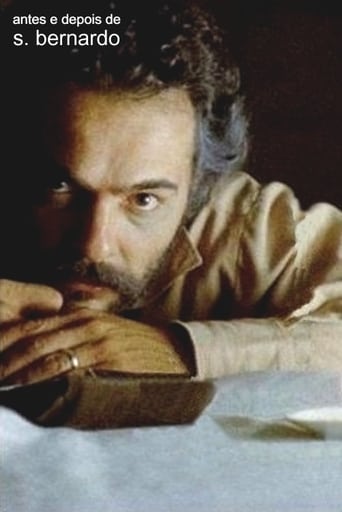
Triste Trópico
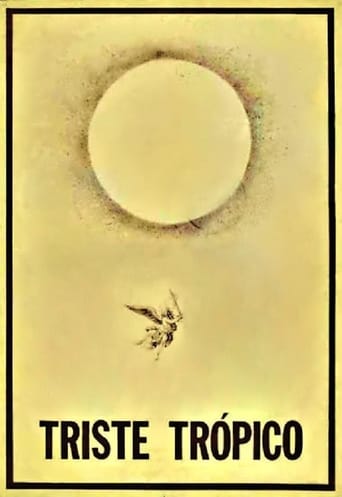
7.3/10
In this "fake documentary", a doctor returns to Brazil after his studies in Paris. Setting out to practice Medicine, he becomes an indigenous messiah and, in time, a cannibal.
Você Também Pode Dar um Presunto Legal
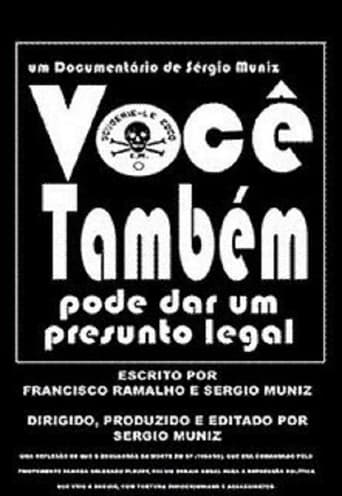
Amid the civil-military dictatorship implanted with the 1964 coup, Sergio Muniz had the idea of making a documentary about the action of the Death Squad. At the time, the press still had some freedom to disseminate the work of these death squads formed by police officers of various ranks, and that he acted on the outskirts of cities like Sao Paulo and Rio de Janeiro. The victims of police repression (as today) were men, poor and black, and this condition is supposed criminals.
Beste
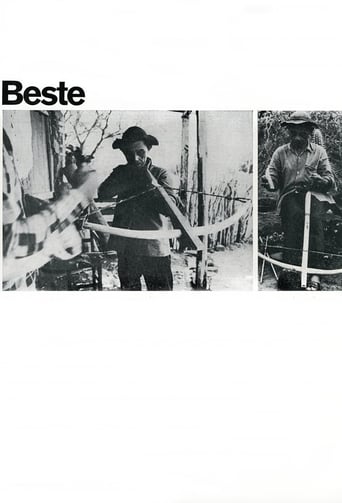
Deformed form by which the word "beast" (medieval weapon) is pronounced in the north of the Brazilian state of Bahia and was still present in the cultural memory of the region.
Glauber em Tempo - Redescobrindo o Brasil
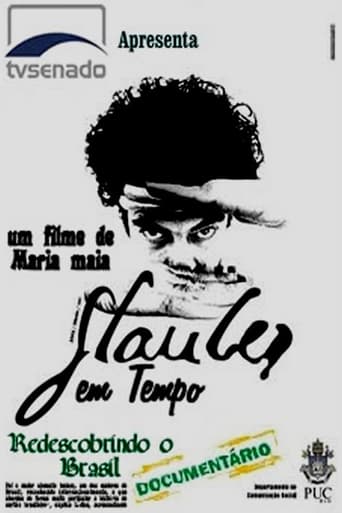
Libertários
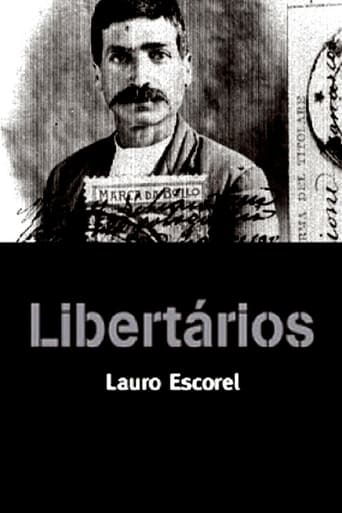
7.1/10
A Documentary about the history of the anarchist-led workers' movement in Brazil. It shows the transformation of immigrants into the first urban workers and chronicles the most important strikes, the successes and defeats of the movement, from the end of the 19th Century until 1922.
No Tempo de Glauber
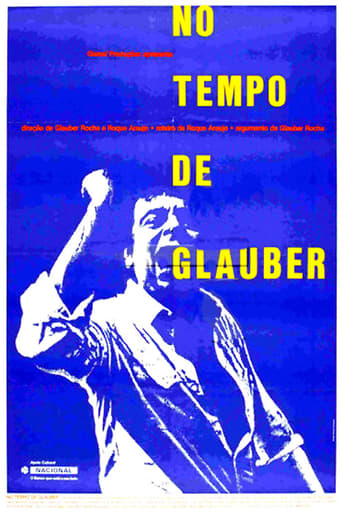
Cine Mambembe: Cinema Discovers Brazil
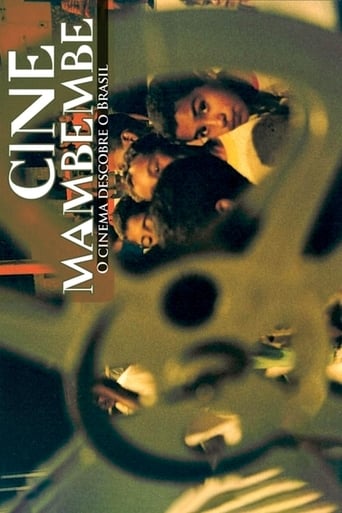
7.4/10
Laís Bodanzky and Luiz Bolognesi travel around the small cities of Brazil, exhibiting short films in public squares. From the south of Bahia to the farthest parts of Amazon, this documentary discovers a country that watches a movie and sees itself on the screen for the very first time, in the turning of the 21st century. What’s seen and heard is truly surprising.
Sertão dos Tocós
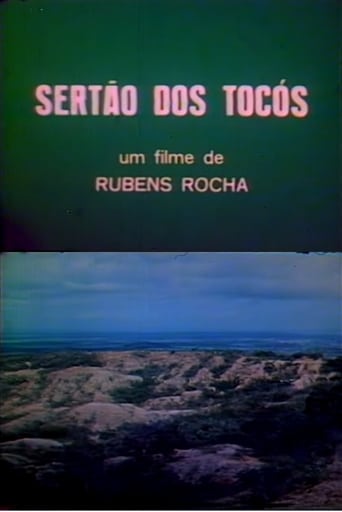
Braços Cruzados, Máquinas Paradas
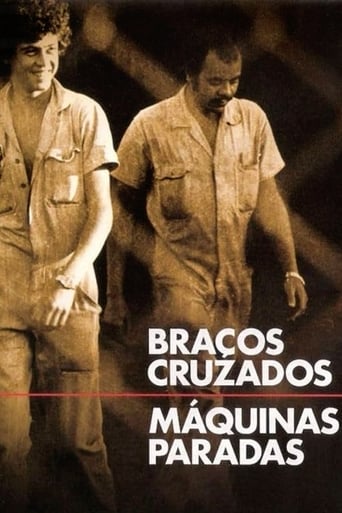
8.1/10
São Paulo, May 1978. Three slates compete for the leadership of the Metalworkers' Union of São Paulo, the largest in Latin America, with 300,000 associate workers, and presided over by a platoon since the military coup of 1964. In the midst of the Union electoral campaign, the first workers' strikes that would change the country began. Braços Cruzados, Máquinas Paradas reveals, in an engaging narrative, the Brazilian trade union structure of fascist inspiration.



